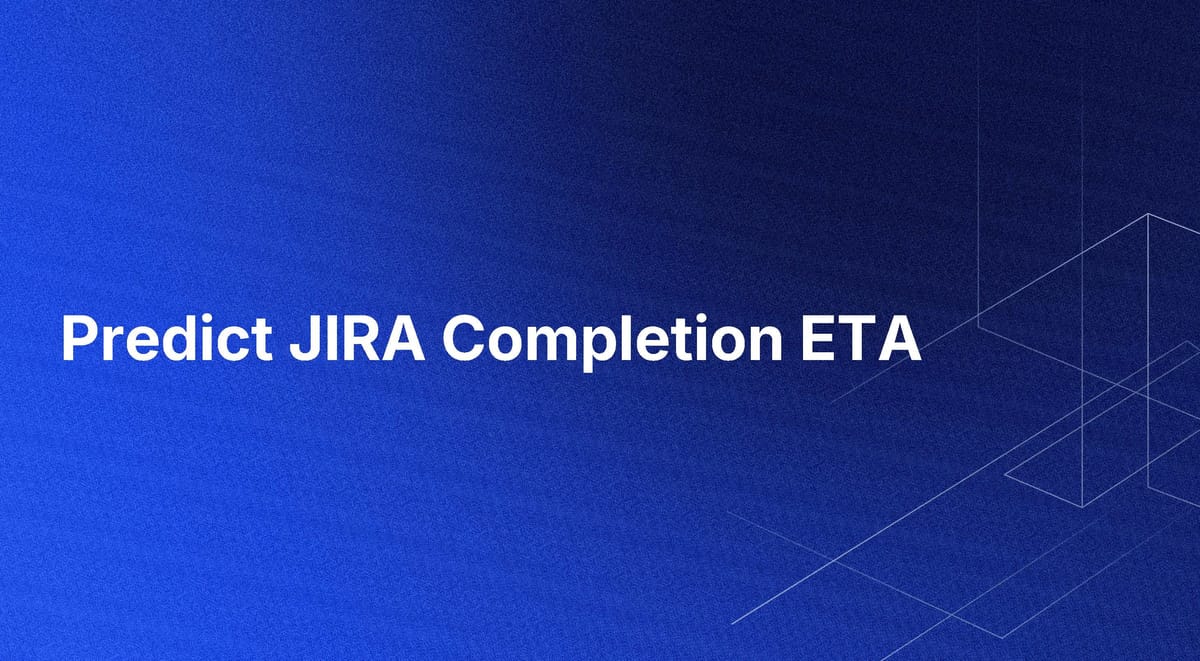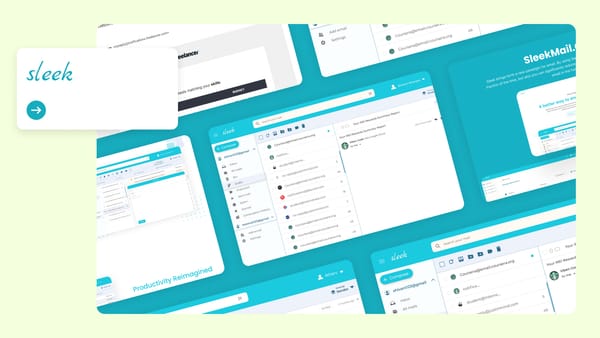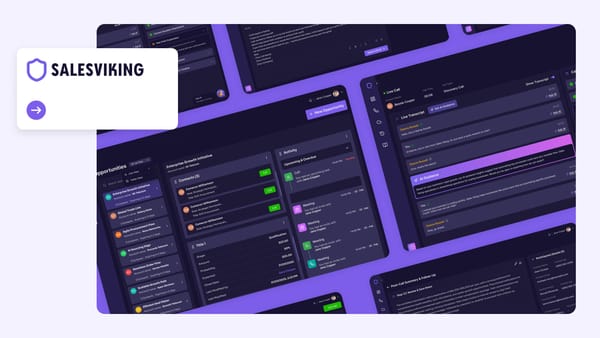Predict JIRA Completion ETA

Utilizing Machine Learning to Forecast Project Completion Times in JIRA
Overview
Software development is a highly dynamic and agile field, where teams continuously strive to deliver projects on time while maintaining high standards of quality. JIRA, a popular project management tool, is widely adopted by software development teams to plan, track, and manage their work efficiently. Despite meticulous planning, there remains an inherent uncertainty in project timelines due to various unforeseen factors, making time management a crucial aspect of project success in the industry.
Problem Statement
One of the major challenges faced by project managers in software development is the discrepancy between the planned and actual time required to complete a project. This gap often leads to delays, additional resource allocation, and increased costs, hindering project success. Accurate prediction of project completion times is essential to optimize resource management and ensure timely delivery of software projects.
Solution Overview
The proposed solution aims to leverage machine learning to predict the number of days required to complete a JIRA initiative, epic, or story. By analyzing historical project data, the AI model will learn from various parameters such as project type, magnitude, and past completion times. This predictive model will enable project managers to gain insights into potential delays and adjust project plans accordingly, leading to more accurate time estimations and resource allocation. From a technical perspective, the solution requires historical JIRA data as input, which includes details like project descriptions, start and end dates, involved resources, and any tags or labels that describe the project's scope and complexity. The data will be preprocessed to handle missing values, outliers, and categorical variables before being fed into a machine learning algorithm, such as regression models or neural networks, to train the predictive model. The trained model will then generate estimated completion times for new projects based on their characteristics and past trends. Business-wise, the implementation of this AI-driven solution can mitigate the risk of project delays, reduce extra costs caused by unplanned resource allocation, and improve overall project management efficiency. By providing accurate ETAs for project completion, stakeholders can make informed decisions, prioritize tasks effectively, and ensure that development teams are on track. Consequently, this enhances client satisfaction and boosts the organization's reputation for timely and reliable project delivery.





